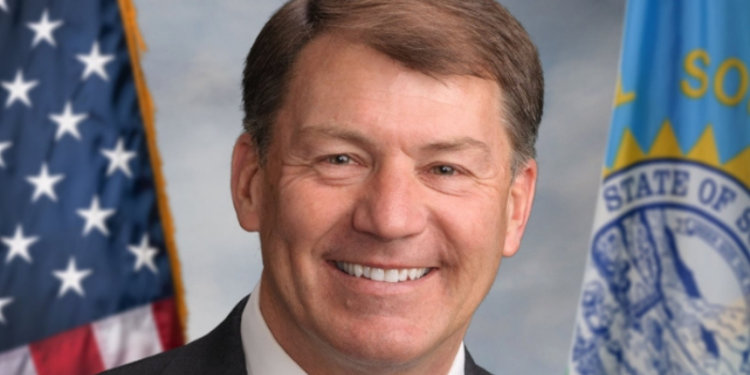Senator Mike Rounds of South Dakota, on Thursday, November 21st, introduced the “Returning Education to Our States Act,” aiming to dismantle the U.S. Department of Education. This move fulfills President-elect Donald Trump’s campaign pledge to abolish the federal agency, which he criticized as inefficient and overly bureaucratic. Rounds advocates for localized control, asserting that states and local school boards are better equipped to address the educational needs of their communities.
The proposed legislation would redistribute the Department of Education’s functions to other federal agencies. For instance, student loan programs would shift to the Department of the Treasury, special education services to Health and Human Services, and vocational training programs to the Department of Labor. Additionally, K-12 education funds would be provided to states through block grants, empowering local entities to decide how the money is spent.
The Department of Education, established in 1979, plays a significant role in funding public schools and managing student financial aid. Rounds argues that the department’s size and inefficiencies have contributed to declining student performance nationwide. In introducing the bill, he stated, “The federal Department of Education has never educated a single student, and it’s long past time to end this bureaucratic department.”
The bill faces significant political obstacles, as it requires bipartisan support to pass. With Democrats currently controlling the Senate, the legislation is unlikely to advance in this session. Even within the Republican Party, opinions on dismantling the department vary. Some GOP lawmakers believe the department could still serve as a tool to enact conservative educational reforms under Trump’s leadership.
For students and borrowers, immediate changes are unlikely. Programs like student loans and Pell Grants would continue under new departmental oversight without affecting current terms or benefits. Long-term impacts would depend on subsequent legislative actions to modify or expand existing programs.
This proposal underscores a broader debate about federal versus state control in education. While its future is uncertain, the bill has reignited discussions about the most effective ways to improve educational outcomes and streamline governance. As the legislation progresses, it will remain a focal point in the nation’s education policy discourse.









